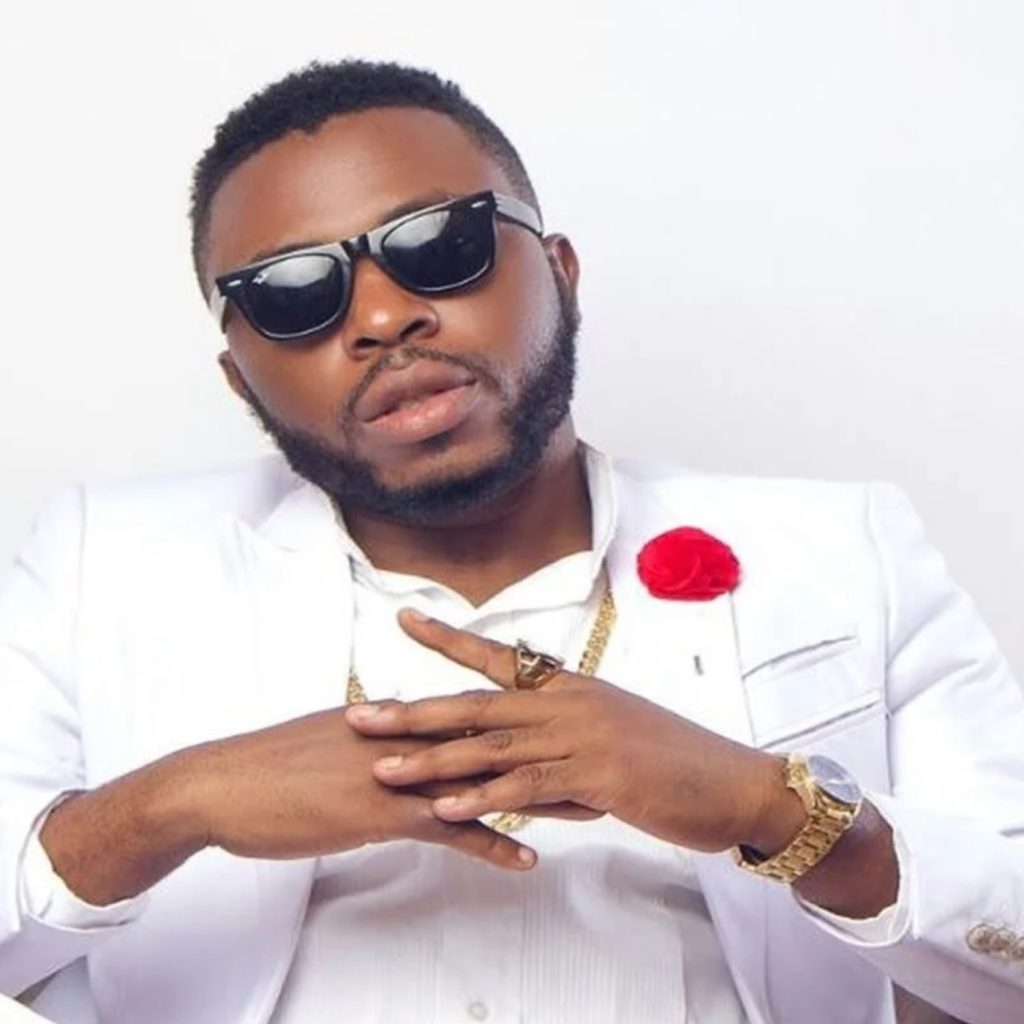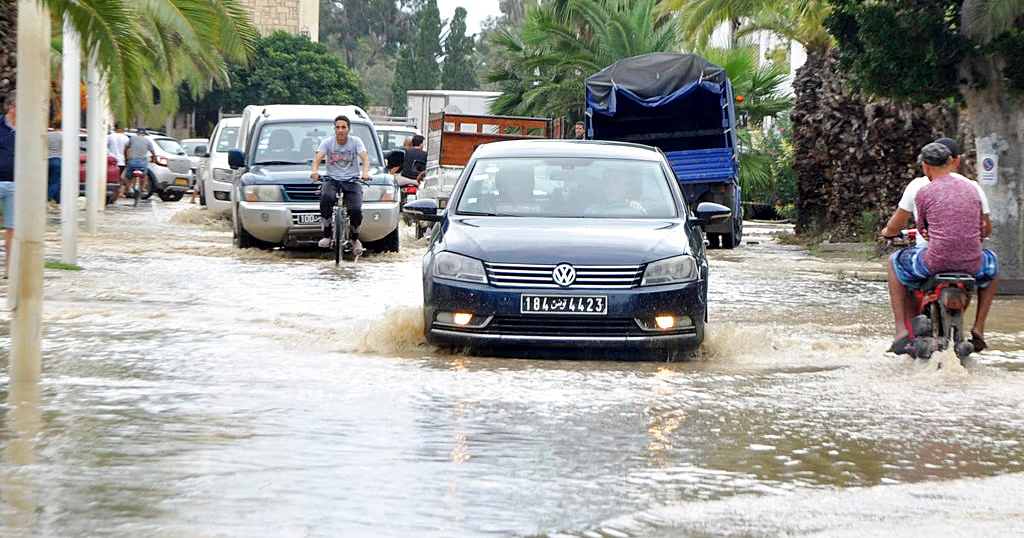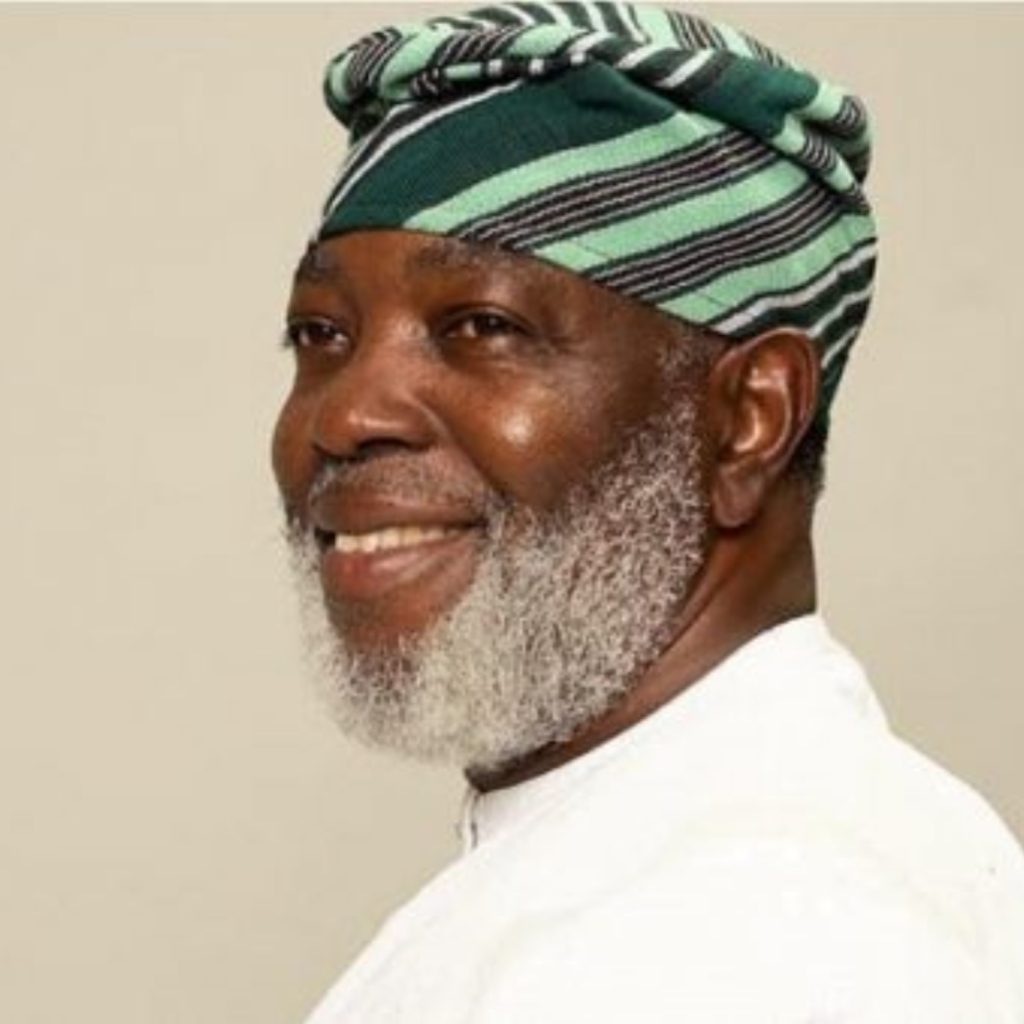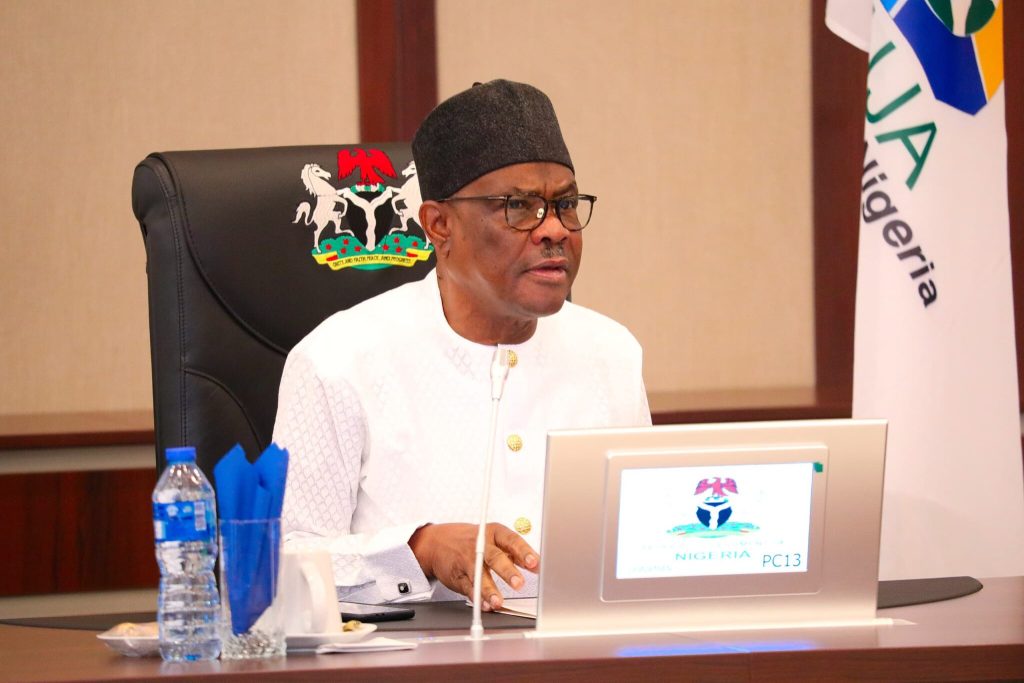Liberia Denies Agreement to Receive Deported Migrants from the US
In a move to address growing concerns, the Government of Liberia has categorically denied reports that it has agreed to a US request to receive deported migrants from the United States. This denial comes on the heels of a Reuters report suggesting that President Donald Trump had pressed five African nations, including Liberia, to serve as destinations for undocumented immigrants. The Liberian government’s stance is clear: no formal request has been made by the US government on this matter, according to Presidential Press Secretary Kula V. Fofana.
The initial Reuters report, published on July 10, cited unnamed sources indicating that the Trump administration was exploring migration agreements with several African countries as part of its efforts to curb undocumented immigration. This triggered immediate public concern in Liberia, with many questioning whether the country, still recovering from economic hardship and a fragile security sector, is equipped to absorb a wave of migrants, especially those expelled due to criminal behavior in the US.
President Boakai addressed the issue directly during an interview in Washington with FrontPage Africa, stating, “I didn’t get the impression that the Americans were pointing a gun at anybody’s head to sign anything.” He clarified that the US is seeking help in dealing with asylum seekers who have been causing problems, and Liberia will consider its response if and when a formal request is made.
Meanwhile, President Boakai’s recent visit to Washington yielded several significant outcomes, including a request for US assistance in conducting a nationwide geological survey to assess Liberia’s mineral potential. This move aligns with Liberia’s broader strategy to diversify its economy and attract responsible investment. A landmark $1.8 billion rail access agreement with Ivanhoe Liberia, signed just before the Washington trip, grants the US-backed mining company access to transport Guinean iron ore across Liberia, positioning the US as a growing player in West Africa’s mineral logistics space.
On the topic of supporting US policy to counter China’s growing influence on the continent, the Presidential Press Secretary offered a measured response, emphasizing Liberia’s diplomatic relationships with both the US and China. The country’s posture mirrors that of previous administrations, focusing on engagement based on mutual interest rather than geopolitical allegiance.
As Liberia prepares to take its seat on the United Nations Security Council in 2026, the public mood favors a path of balanced engagement and principled foreign policy. With both China and the US remaining important partners, many Liberians are calling for greater autonomy in international affairs, particularly on issues of human rights, peace, and migration. The government’s resolve to maintain national dignity in the face of future requests from Washington will be closely watched.
In a notable aside, President Trump’s comment praising President Boakai’s command of English has been interpreted by many Liberians not as an insult, but as a reflection of the US President’s ignorance of Liberia’s history and education system. President Boakai, educated entirely in Liberia, represents a generation that once made Liberia a regional beacon of academic excellence.
The Washington visit has given Liberia a rare moment in the global spotlight, for both positive and negative reasons. As questions over US immigration plans remain unanswered, Liberia’s calm and diplomatic approach suggests a government unwilling to compromise its national dignity for political favor. Whether this resolve endures in the face of future requests from Washington remains to be seen, underscoring the complex and evolving nature of international relations in an increasingly divided global order.



